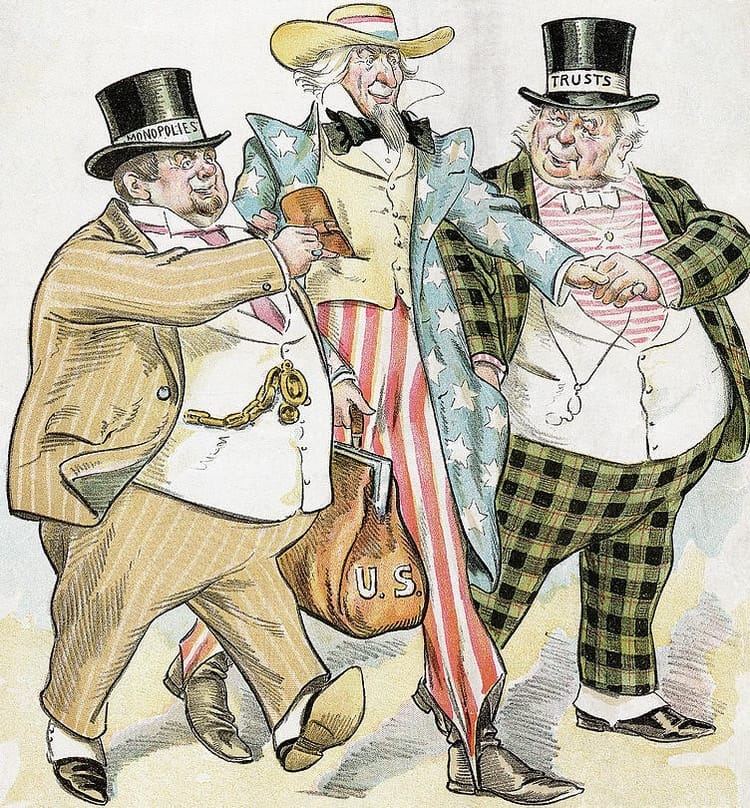National Recycling Week: Celebrating 20 Years of Progress and reflecting on being a 'wishcycler'

National Recycling Week in 2023, its twentieth year, has chosen "missed capture" as its central theme. Last year in 2023, we focus on those household items that should be recycled but often aren't. Whether you're passionate about improving your recycling habits or simply interested in supporting educational initiatives, there's a wealth of information and resources available to guide you towards a more sustainable lifestyle in 2024. You can find valuable suggestions and practical tips on the Recycling Now Website: Recycle Now.
In the United Kingdom, the importance of recycling cannot be overstated. Recycling can save millions of tonnes of CO2 emissions each year. However, the reality is quite different from the potential. A recent survey, "Recycle Week: 80% of UK households 'still unclear' on how to recycle effectively" published by circularonline.co.uk, reveals a startling statistic: 80% of the population remains uncertain about their recycling practices. This confusion often leads to what experts call "wish cycling," where people put items in the recycling bin with the hope that they might be recyclable.
But what are the consequences of this confusion and wishful thinking? It's more than just a minor inconvenience. Research conducted by waste-management company Biffa shows that nearly one-fifth (17%) of waste from businesses and households in England and Wales cannot be recycled due to contamination. This contamination arises from the optimistic habit of placing non-recyclable materials in the recycling bin, and it's a problem that has been steadily growing. After analyzing the latest waste collection data available from the waste-charity WRAP, Biffa identified a concerning trend of rising contamination rates from 2016 to 2020. These results suggest that, if left unaddressed, a quarter of all recycling could be contaminated by 2030.
A spokesperson from WRAP highlighted a major cause of contamination, which is the confusion surrounding what can be included in recycling containers. "Our research shows that four in five (82%) of UK households add one or more items to their recycling collection that is not accepted locally." The consequences of such contamination are significant. In some cases, an entire collection has to be disposed of instead. This leads to over half a million tonnes of waste sent to recycling being rejected, resulting in over £48 million in costs to local authorities annually. The economic and environmental impact of this problem cannot be underestimated.
Recycling: Reduce, Reuse, Recycle
It's not just the environment that suffers from our confusion. The slogan "reduce, reuse, recycle" was coined back in the 1970s, emphasizing the importance of reducing waste in the first place. Today, recycling is crucial, but it's not the entire solution. In the UK, each person generates an estimated 1.3kg of waste daily, which totals to 400 kg per year. Recycling plays a significant role in mitigating this issue, but we cannot ignore the fact that polymers can only be recycled successfully a limited number of times before they degrade.
In computer science, there's a phrase: "garbage in, garbage out." This suggests that flawed inputs result in nonsensical outputs. In the context of recycling, we're often addressing the outputs, but the real solution lies in addressing the inputs. We must rethink the way we consume, produce, and dispose of materials.
Government Policies and Plastic Consumption
But is the government taking any steps to address these issues? The UK government has introduced several policies to combat plastic consumption. It began with the introduction of charges on single-use plastic bags in 2015. Then, in 2018, microbeads were banned from cosmetics. In October 2020, other single-use plastics like straws were phased out, and this month, new restrictions on items such as plastic cutlery came into force. The EU has also taken action, banning glitter, a move that might be seen as somewhat Scrooge-like, given its timing so close to the festive season.
Financial disincentives have also been introduced, with the UK implementing a Plastic Packaging Tax in April 2022. Additionally, a Deposit Return Scheme for drinks containers is on the horizon for 2025, although there have been delays in its implementation, as some critics have pointed out.
Redefining Recycling: From Waste Management to Resource Management
But what if we shifted our perspective and stopped categorizing recycling as waste management, viewing it instead as resource management? Over 99% of plastics are produced from chemicals derived from fossil fuels. This insight compels us to recognize the value of this resource. High-grade materials can fetch significant prices, and with innovations in chemical recycling like depolymerization, pyrolysis, and gasification, the usable life of recyclable plastics can be extended. We should start reframing plastic as a valuable resource rather than mere waste.
It's crucial to understand that plastic, in and of itself, is not the enemy; it's our overuse of it that's problematic. More responsible and considered use of plastics will be a significant part of the solution to the problems we face. As consumers and global citizens, we have a responsibility to change our habits and reduce our environmental footprint.
This National Recycling Week, let's take a moment to reflect on our actions and how we can contribute to a more sustainable and environmentally responsible future. Our individual efforts, when combined, can make a significant difference in preserving our planet for future generations.





